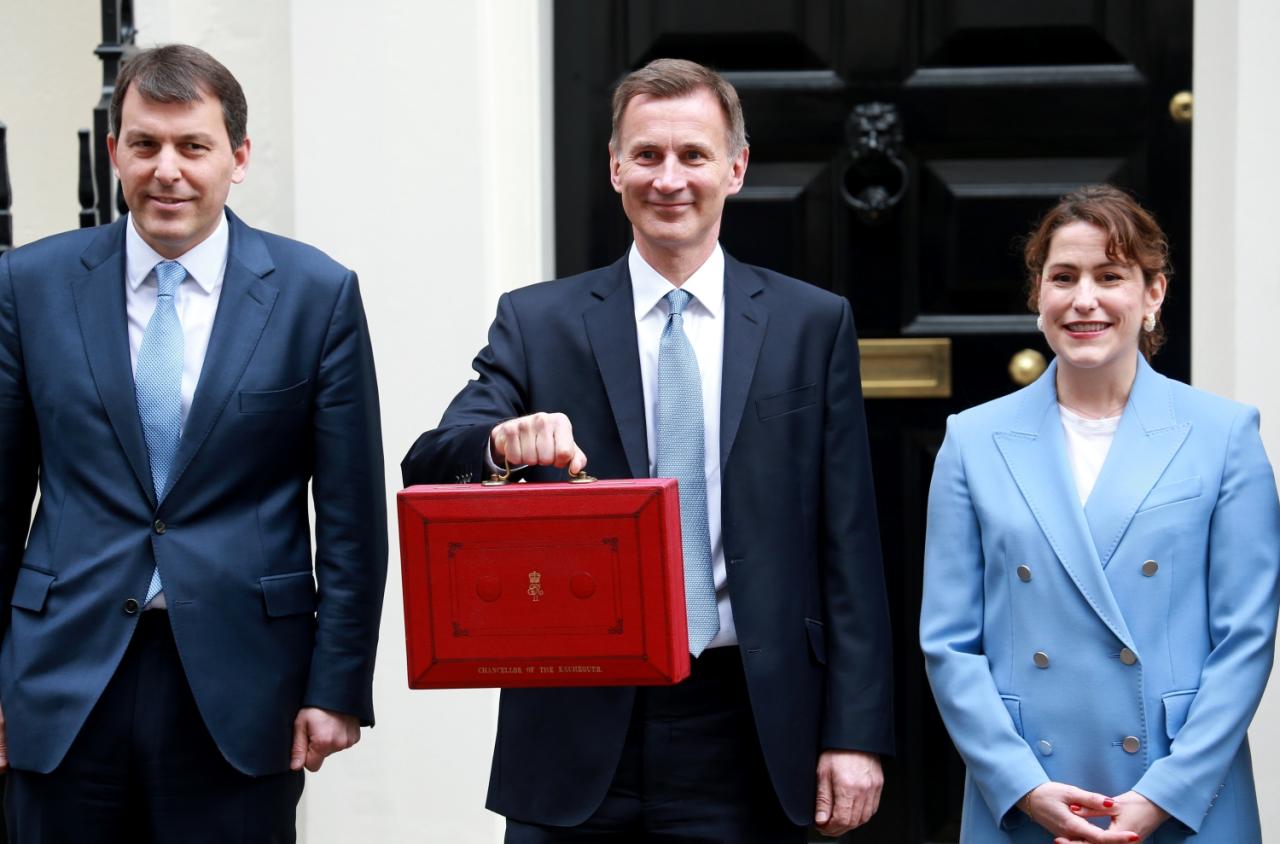Key Highlights of the Spring Budget

The Chancellor, Jeremy Hunt, spoke before Parliament to announce the policies of the Spring Budget. The speech started with Hunt saying it has been a tough over the last couple of years with COVID – 19, energy price increases due conflict between Ukraine and Russia along with the recent events in the Middle East. The full details can be found on the Spring Budget Press Notice. However, in summary:
Inflation Expected to Dip Below 2%
Hunt addressed national inflation concerns, stating, “Today’s forecasts from the OBR (Office of Budget and Responsibility) show it falling below the 2% target in just a few months’ time – nearly a whole year earlier than forecast in the Autumn Statement.”
The markets currently predict a fall in the BoE Base Rate to 4.2% by the end of the year.
Investments in Housing
The Chancellor has allocated £242 million for investments in Canary Wharf and Barking. Aiming to build over 8,000 new properties which will help “transform Canary Wharf into a new hub.”
An additional £20 million will be assigned to launch a “community-led housing scheme” supporting local development.
Property Tax Reforms
Multiple Dwellings Stamp Duty Relief will be abolished from June. Furthermore, the Furnished Holiday Lettings tax regime will be abolished from April 2025 in an attempt to create more long-term lets for locals.
Capital Gains Tax (CGT) payable for higher rate taxpayers will reduce from 28% to 24%, hoping to increase the volume of transactions. For those on the standard rate, CGT will remain at 18%.
Small and Medium Enterprises
The Spring Budget offers support to SMEs through a £200 million investment into the Growth Guarantee Fund. This initiative is geared towards the development and growth of small businesses. Additionally, the VAT Registration threshold will raise from £85,000 to £90,000. This move will take 28,000 small businesses from the register, removing the need for them to pay VAT altogether
National Insurance Cut
Effective from April, the Chancellor confirmed a cut in National insurance from 10% to 8% for employed workers. For those that are self-employed, the National Insurance main rate will have a second reduction from 8% to 6%.
Child Benefit Changes
Hunt also announced changes to the High Income Child Benefit Charge (HICBC) system. The threshold to start paying back Child Benefit will increase from £50,000 to £60,000 from April.
Further changes will be implemented by April 2026 with the charge to be assessed on a household basis with the charge fully being repaid with a combined income of £80,000.
Freeze on Alcohol and Fuel Duty
The freeze on alcohol and fuel duty is set to be extended for a further 12 months in a bid to combat inflation and “save the average car driver £50 next year and bring total savings since the 5p cut was introduced to around £250.”
For personalised advice tailored to the current economic climate, consult with our experienced mortgage consultants or call 01628 564631. We're here to help providing you with informed guidance every step of the way.
Your mortgage is secured on your property. Your home may be repossessed if you do not keep up repayments on your mortgage.
The information contained within was correct at the time of publication but is subject to change.
Source: Government Spring Budget Press Notice


